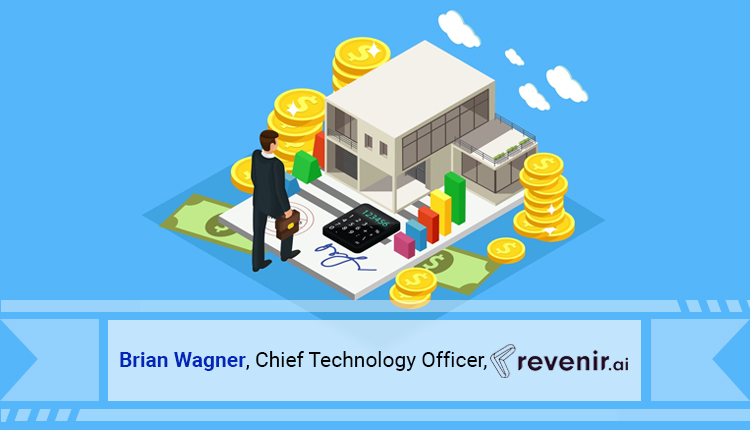Fintech disruption began in earnest two decades ago, spawning new digital-first financial giants like Xero, Monzo, Nutmeg and Paypal and today it continues at pace, creating ever more unique opportunities to address major societal issues, whilst putting ever more exciting new services into the hands of consumers.
Such is the ubiquity of mobile banking and finance apps, customers today are not just comfortable servicing their own financial needs, they have a big appetite for more. Fintechs have led this drive, extending access to financial services across numerous communities, improving financial literacy whilst democratising finance.
New platforms and services will increasingly evolve over the next decade to allow them to do so, and these new innovations will be driven out of the collaboration of nimble tech savvy Fintechs and traditional banks. Recent history has shown that one can’t work without the other and the narrative has shifted significantly over the past decade from a story of rivalry to collaboration. While Fintechs excel in tech innovation and customer-centric approaches, they often lack the scale, trust, and the regulatory expertise that traditional banks possess. Thus, the spirit of collaboration in the financial services ecosystem has enabled it to evolve fast over the last decade, powered by both the latest tech advancements and driven by avid consumer demand.
Catch more Fintech Insights : Global Fintech Interview with David Caruso, Vice President of Financial Crime Compliance at WorkFusion
With this new spirit of collaboration we’re seeing open banking frameworks, facilitated by APIs, that have enabled banks to integrate fintech solutions seamlessly into their ecosystems. This collaboration allows banks to offer enhanced services, such as personalised financial management tools, without reinventing the wheel. Partnerships between banks and Fintechs have revolutionised digital payments and lending, with banks providing the infrastructure and regulatory compliance, and Fintechs offering intuitive interfaces and streamlined processes. Fintechs specialising in AI-driven analytics and blockchain technology are helping banks enhance their risk management and fraud detection capabilities to enable more robust security.
Looking further ahead, within the next five years, we’ll see how quantum computing can be harnessed for algorithmic trading, we’ll see SaaS platforms offering a single process for global payroll and cross-border payments and we’ll see how advanced analytics will help financial services providers understand on a more granular level how people are using, and how they want to use, products. AI enables us to break down silos across different datasets, understand consumer behaviour, allowing banks to tailor new products and services accordingly.
As traditional banks close branches, more than ever before, they must work that much smarter to keep up with their customers and understand what they want. With the rise of in-store customised services, mobile commerce, e-commerce and social commerce fuelling global ecommerce and on-demand shopping, banks must be ready with services that reduce the typical merchant and consumer pain points that come with global transactions and trading.
Born out of such frustrations, the requirement for applications when it comes to improving financial services, are endless. When it comes to investment, AI-driven financial advisors will provide highly personalised financial planning and wealth management services. Robo-advisors are managing trillions in assets worldwide with innovative platforms that create alternative investment channels. When it comes to spending during travel, with as much as 80% of VAT left unclaimed in the UK due to long queues and red tape, we’re about to see new convenient ways for consumers to automate VAT reclaims. A new banking platform that streamlines the cumbersome VAT reclaim process through partnerships with tax authorities and financial institutions will enable refunds directly to customers’ debit or credit cards, with claims processed in as little as 48 hours. These examples of technology solutions that automate processes and eliminate cumbersome burdens for consumers and make life simpler for them, rapidly become mainstream and popular.
The ability of banks and Fintechs to seize the emerging opportunities our changing world presents, will have an enormous impact both on the industry and our collective human experience. The ecosystem’s ability to assess market trends and meet customer expectations will hinge on its access to, and insights from, the ever-increasing flows of data born of AI-based software, resulting in improved data processing and increased productivity, eliminating timewasting on clerical tasks.
The marketplace of tomorrow will continue to be marked by the continued emergence of new disruptors such as Fintechs, digital giants, players from other industries and new entrants, and this will ensure that essential innovation continues. As consumer demand for convenient digital financial apps rises and traditional financial institutions increasingly partner with or adopt fintech offerings, the line between fintech startups and established players will start to blur.
Read More on Fintech : Global FinTech Series Interview with Trent Sorbe, Chief Payments Officer at First International Bank and Trust (FIBT)
[To share your insights with us, please write to psen@itechseries.com ]
